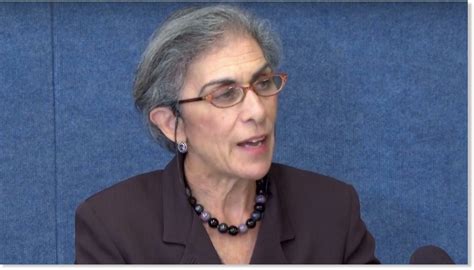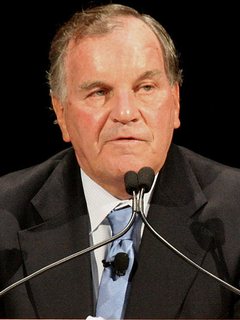A Quote by Theodore Isaac Rubin
The problem is not that there are problems. The problem is expecting otherwise and thinking that having problems is a problem.
Related Quotes
We are more than our problems. Even if our problem is our own behavior, the problem is not who we are-it's what we did. It's okay to have problems. It's okay to talk about problems-at appropriate times, and with safe people. It's okay to solve problems. And we're okay, even when we have, or someone we love has a problem. We don't have to forfeit our personal power or our self-esteem. We have solved exactly the problems we've needed to solve to become who we are.
A lot of the problems we have in our criminal-justice system, you know, the problem of over-incarceration, the problem of prosecutorial abuse, the problem of just this sort of mass crop of people, of plea bargains, they all have to do with the system being overloaded. If crime was lower, many of the problems would go away.
Solving the population problem is not going to solve the problems of racism, of sexism, of religious intolerance, of war, of gross economic inequality. But if you don't solve the population problem, you're not going to solve any of those problems. Whatever problem you're interested in, you're not going to solve it unless you also solve the population problem. Whatever your cause, it's a lost cause without population control.





































